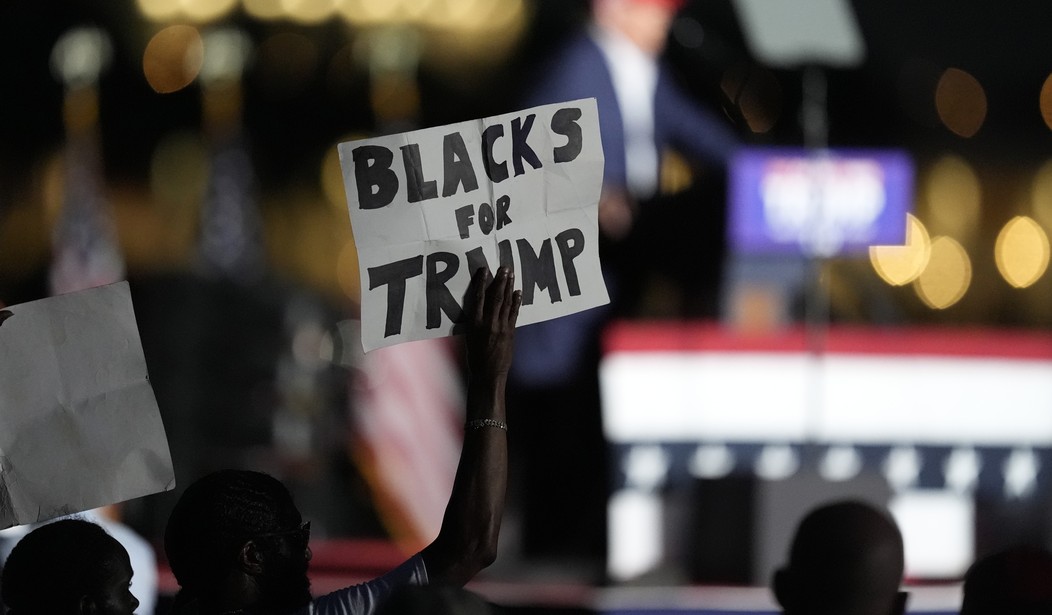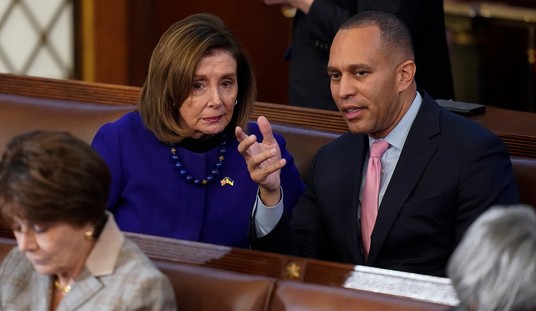Dean of the nation's political analysts, Michael Barone, sat down with The Wall Street Journal to discuss the 2024 election.
The headline that emerged from that discussion was "Donald Trump's Rainbow Coalition," noting that the monopoly of the Democratic Party over the nation's Black vote seems to be over.
If this is true, and it indeed seems to be, the implications for the political dynamics of our nation's future are profound.
In 2024, Trump picked up 13% of the Black vote compared to 8% in 2016, and 21% of Black men voted for Trump.
Also, among Black voters, as in all voting groups, young voters moved more to the Republican candidate.
Among Black voters ages 18-29, 16% voted for Trump compared to 6% of Black voters 65 and up.
In 1956, Republican candidate Dwight Eisenhower won 39% of the Black vote. In 1960, Republican Richard Nixon captured 32%.
Then the world changed in 1964 when Republican candidate Barry Goldwater voted against the Civil Rights Act. Goldwater picked up 6% of the Black vote in that election, and the Republican Party never recovered with Black voters.
In all presidential elections since, the Democrat-Republican ratio has hovered around what Barone calls the 90-10 ratio.
The election results this year point to change. But why should we conclude that this is not a one-off move?
Despite the ongoing and persistence of race as a political topic, it is capturing the interest of young Blacks less and less. They see themselves more as individuals than belonging to a Black voting bloc.
In a survey done by the NAACP last September, 26% of Black men under 50 said they would support Trump. Of these, 82% said their most important issue was the economy.
Recommended
Barone also points out, correctly, that the central role of the Black church as a platform for political unity is weakening.
The PRRI American Values Survey released in September showed 13% support for Trump among Blacks saying they attend church weekly or more, 15% among those saying they attend church monthly or a few times a year, and 23% among those saying they seldom or never go to church.
Per The New York Times, Black church attendance over the last 20 years is down 20 percentage points. Among young Black millennials and Gen Z, 50% of those who say they do attend church say they attend a Black church compared to two-thirds of older generation Blacks.
There is meaning both to more Blacks not attending church and to the movement of those attending church to non-Black churches. Politics are far more likely to be the topic of discussion and sermons in Black churches.
Kamala Harris' campaign pitch to the American people was about big government. More spending, more subsidies, more social engineering.
More young Blacks, certainly young Black men, see the path to prosperity as taking personal responsibility, and this means an economy that is kept free. Less government spending and lower taxes.
The data is there to see that Blacks can get ahead in America. Per the Federal Reserve, median Black household wealth stood at 5.6% that of white households in 1989. By 2022 this was up to 15.7%. In 1972, median Black household income stood at 57.5% of white households. By 2022, this increased to 62%.
Is this enough progress? Clearly, no. But it is increasingly clear to a new generation of Black Americans that what they need to get ahead is freedom.
Data abounds showing countries that are more economically free have far greater wealth and opportunity.
The ideological divide between the Democratic Party and the Republican Party -- more or less government, more or less freedom -- is more pronounced than ever.
Black Americans, particularly young Blacks and Black men, want a future, and they see the future in freedom.

























Join the conversation as a VIP Member